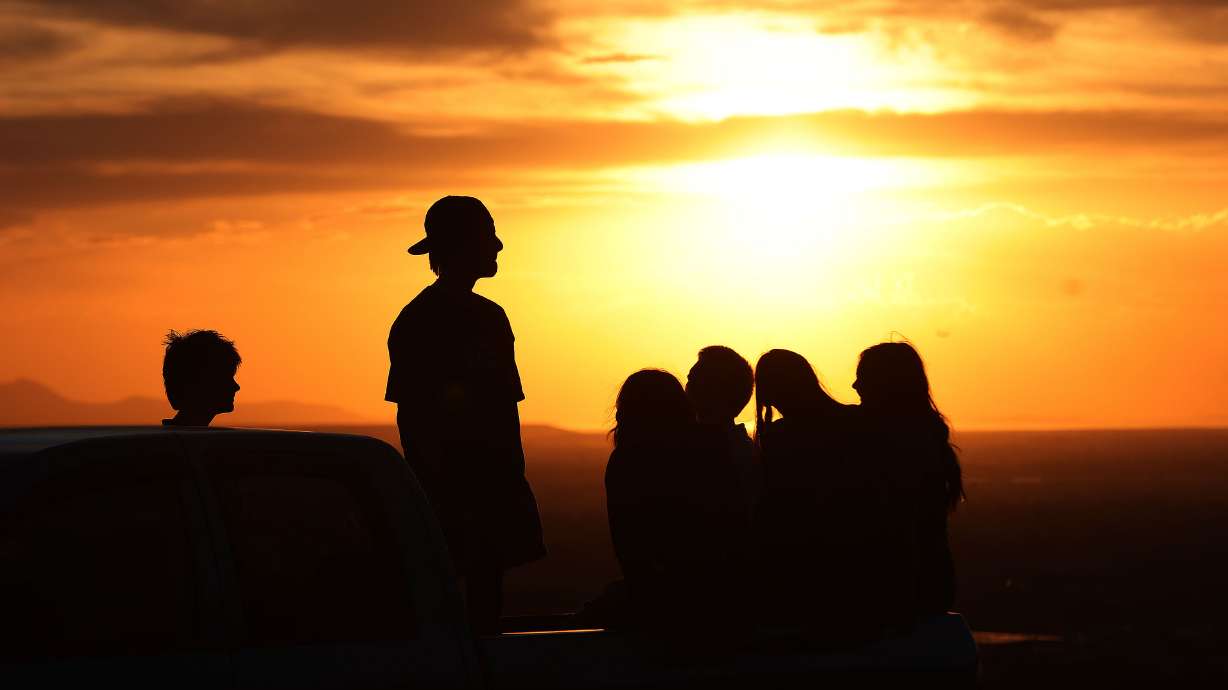Estimated read time: 3-4 minutes
- Utah ranks low for underage drinking, yet thousands of teens still consume alcohol.
- Binge drinking is prevalent, with 72% of underage drinkers reporting recent binge episodes before 2020.
- Experts urge community efforts and parental involvement to address underage drinking issues.
SALT LAKE CITY — Most every study on underage drinking across the country says the same thing: Utah ranks first or second for the least amount of teen drinkers in the country.
But that doesn't mean underage drinking is not happening. Quite the opposite.
Every study, data point, research model, even various projections — from the Centers for Disease Control and Prevention, the National Institutes of Health, the Utah Department of Health and Human Service's Public Health Indicator Based Information System, the Substance Abuse and Mental Health Services Administration, and more — indicate that somewhere between 2.2% and 10% of Utah teens consume alcohol.
That small population, which equates to thousands of teenagers, is drinking a lot — close to 72% reported binge drinking in the last 30 days before the pandemic, much of it under the radar.
"Here's what I will say: I've been drinking since I was 15, most of it at parties. And I'm not the only one at these parties," said John Walsh, 18. Walsh lives with his parents in a small town along the Wasatch Front but would not give the name of the town where he lives in case his parents — and leaders in his faith — find out he drinks. "The way I figure it, I could be doing a lot worse — using heroin, meth, weed. So, alcohol won't kill me."
Except, of course, it certainly could.
The National Institute on Alcohol Abuse and Alcoholism reported in 2023 that 19.9% of 14- and 15-year-olds across the United States had consumed at least one drink in their lives. From those numbers, there was an increase in depression, anxiety, impaired judgment, which can lead to being a perpetrator of sexual assault, an increase in driving deaths and impaired swimming, bike-riding and skating — which can also lead to death.
Binge drinking is deemed especially harmful in young bodies that are not fully developed. In the same report, in 2023, binge drinkers were found to have a greater risk of alcohol use disorder, which could lead to problems in the adult liver.
The thought that Utahns older than 21 are completely ignoring those drinkers under 21 — which allows them to drink without much attention because no one believes this to be a real problem — is seen not only in Utah but in other low underage drinking states: Idaho, West Virginia and Maine, according to the American Addiction Centers.
Staff at Utah recovery and addiction centers have pondered for years how best to prevent underage drinking. While these centers in Utah are not only serving Utah clients, these staff report Utah teens — those who can afford the treatment — continue to arrive every week for help with their drinking issues.
One thought that has been used by groups like Parents Empowered is to advertise to parents about the importance of their voice when discussing the dangers of underage drinking with their children. Two years ago, however, the ads were seen to have little to no impact, according to State Auditor John Dougall.
What, then, is there to do?
Mental health and substance abuse experts suggest that parents first acknowledge that underage drinking is real and is happening in their neighborhood and child's school. They also suggest talking to anyone else in the home who is drinking alcohol, including other parents and older siblings who may purchase alcohol for younger brothers and sisters.
Whatever is done, a community effort may be the better route than targeting only groups of people, addiction counselors say. Alcohol use among all groups increased during the pandemic and does not appear to be decreasing, so we all may play a role.
You can also talk to your underage drinker to find out why they are drinking in the first place. You may get some useful information.
"I started drinking because I thought it would be fun," Walsh said. "It's not like any of it tastes good. It's just, you're in a small town, and there's nothing else to do, so why not?"








